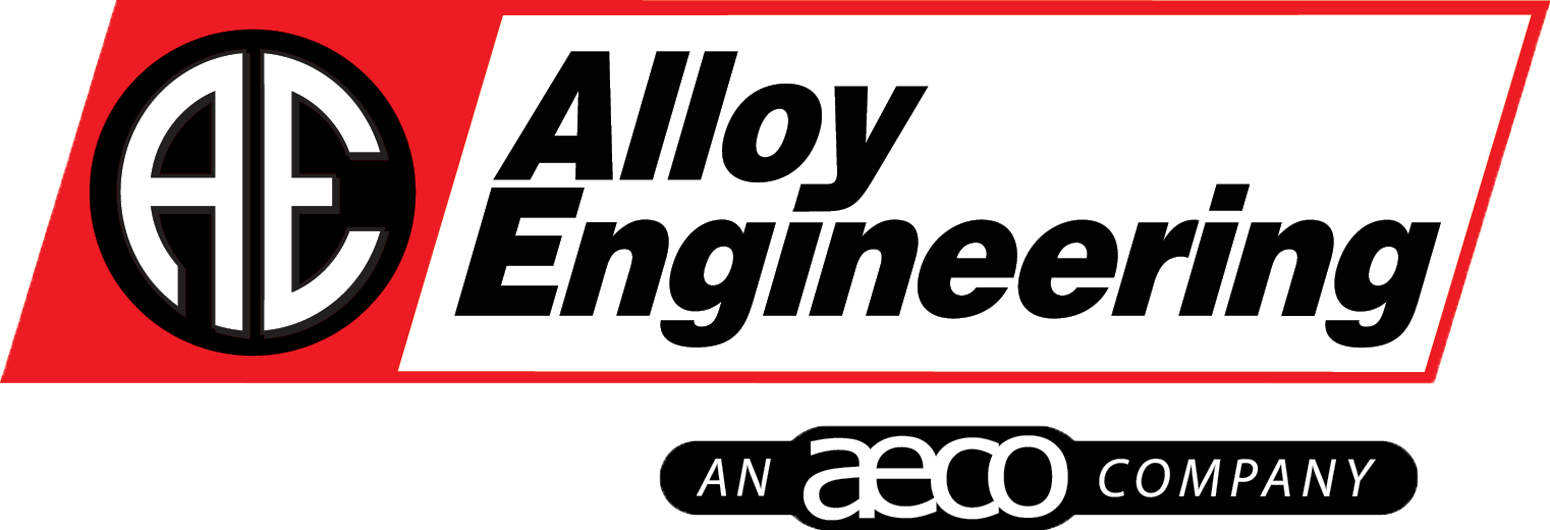In industrial furnace applications, the choice of materials and manufacturing methods for radiant tubes is…
Engineered Alloy Hooks Survive Despite the Ravages of HCL Pickling
Highly engineered alloy hooks, designed and manufactured by The Alloy Engineering Company, provide at least 20 times the life of carbon steel hooks in the unpredictable and highly corrosive environment of HCl-based wire-coil pickling baths.
Alloy Engineering’s 625 Hooks dramatically reduce downtime, lost production and maintenance cost due to the need for frequent and unscheduled replacement of common, carbon steel hooks. In addition, Alloy Engineering 625 Hooks ensure preservation of a bright, clean pickled wire surface. They eliminate the progressive production of wire-staining corrosion residue that can travel along a typically grooved and corroded carbon steel hook and subsequently drips on cleaned product.
Alloy Engineering 625 Hooks are fabricated from Inconel 625—a corrosion-resistant alloy of Cr, Ni, and Al whose corrosion-resistant characteristics are predictable and only change gradually with temperature and variations in acid-bath concentration. “In wire-pickling applications, these are extremely important characteristics,” points out Bill Freund, Alloy Engineering metallurgical engineer. “Although pickling lines are designed to operate at ambient temperature—defined as 75 F—they seldom remain at this temperature for very long. Higher environmental temperature and the exothermic reaction inherent in the process commonly raise pickling temperatures to 100 F to 115 F. Even such a modest rise in temperature results in a significant increase in the rate of corrosion of carbon steel hooks.
“Carbon steel hooks that are designed to last for years at 75 F, fail in months at 115 F. Also, the inevitable changes in bath concentration that occur during normal operation have a similar, deleterious effect on the corrosion rate of carbon steel hooks. In many applications the pickling line temperature is raised to 140 F to maximize efficiency of the acid and reduce cleaning and coating cycle time, At this temperature, the life of carbon steel hooks is dramatically reduced.
“On the other hand, the corrosion-resistant characteristics of Alloy Engineering 625 Hooks are only minimally affected by changes in either bath temperature or concentration. For instance, we are replacing one customer’s 625 hooks after 27-years of trouble-free service in an HCL pickling bath.”
Alloy Engineering 625 Hooks are lighter and stronger than comparably sized carbon steel hooks. Rather than being cut from constant-thickness plate, 625 Hooks are fabricated by welding sections to form an I-beam like cross section to maximize strength while minimizing material usage. Using the exclusive and extensive Alloy Engineering hook-design database, each 625 Hook is designed specifically for the requirements of its application considering not only the load to be carried but also the dynamics of the conveyor system. In addition to the usual safety factors, a small corrosion allowance (0.008 to 0.010 in. per year) is designed into each hook to ensure years of performance without decease in capacity.


 Copyright
Copyright